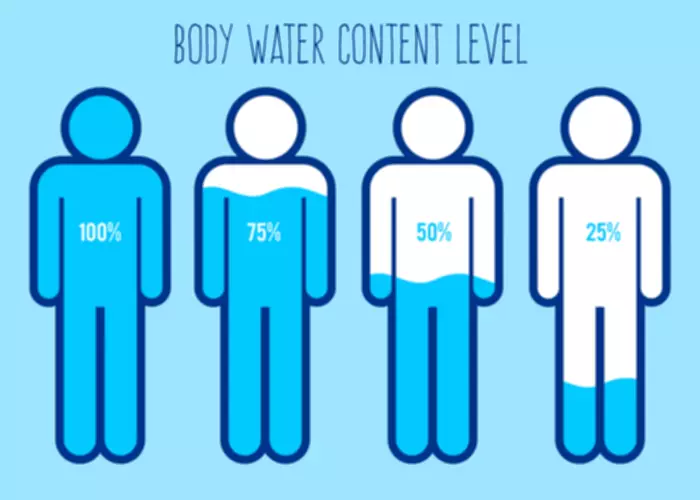Often, they will blame everyone but themselves for their extreme alcohol consumption. Narcissists rarely apologize for their mistakes and often blame others. They also blame others for making them act as they do, rather than taking responsibility. When some people drink, they become arrogant, self-centered, and self-righteous. If you choose to speak with a friend or family member, be clear about what you need and expect from them, including confidentiality.
Treatment for Alcoholism and Narcissistic Personality Disorder
- Catherine Winter is an herbalist, INTJ empath, narcissistic abuse survivor, and PTSD warrior currently based in Quebec’s Laurentian mountains.
- But more specifically, covert narcissists tend to rely on self-deprecation and negative self-talk as a means of getting sympathy and attention from others.
- In an effort to proclaim they are, in fact, the most important person in the room, a narcissist might bulldoze over healthy boundaries and exhibit a sense of entitlement.
- It’s very important to remember that some relationships with people with NPD may be emotionally exhausting and even abusive.
- A 2020 study from Germany [5] showed that those with vulnerable (covert) narcissism are prone to suppressing their emotions, leading to distress including depressive disorders and anxiety.
It found that individuals with grandiose narcissism have more friends and followers, post more often, and spend more time on social media than other people. Relapse is a common experience among people who are recovering from AUD. You can take steps to prevent relapse, such as recognizing your triggers and joining a support group. If you do relapse, try to seek help again — it’s still possible to make a full recovery. However, NPD includes other traits, such as needing constant praise and special treatment, reacting negatively to criticism, and manipulating others. People with NPD might be unwilling or unable to recognize others’ feelings and needs.
What does narcissist mean? Personality disorder explained – NationalWorld
What does narcissist mean? Personality disorder explained.
Posted: Thu, 13 Apr 2023 07:00:00 GMT [source]
Repeated relationship cycles.
Narcissism is a trait, and narcissists are people who score well above average on measures of that trait. For that reason, in Rethinking Narcissism, I introduced the term “introverted narcissist” instead. Covert narcissism, then, is just another way of describing introverted, vulnerable, or hypersensitive narcissists.
What are the 4 stages of a covert narcissistic relationship?
To get started, contact a doctor or other healthcare professional, or reach out to a therapist. Genetics also seem to play a role in the development of both conditions. It seems that many people who have NPD might also have AUD, but it’s not clear why.
- There are times when it can be difficult to create distance between you and that person, such as with a family member or co-worker.
- There are steps that you can take to protect yourself from covert narcissistic abuse.
- They also have a deep hatred of the self which they cover with a highly extroverted persona.
- With NPD, for example, there are no drugs specifically used for the treatment of the personality disorder, but antidepressants or anxiolytics may be prescribed if depression or anxiety is present.
- You may need to step back completely and cut off contact with someone in more extreme cases where you feel unsafe or uncomfortable approaching another person about their actions and behavior.
In family relationships:
- A 2019 study found a link between vulnerable narcissism, shame, and an increased likelihood of problem drinking and gambling.
- It is, however, possible that individuals who experience distress or dysfunction as a result of NPD may turn to alcohol consumption as a coping mechanism, placing them at higher risk of developing AUD.
- They learned very early on that their value depends entirely on how they appear to others, and that other people’s value depends on what they can provide to the narcissist.
- An overt narcissist comes off as self-absorbed, vain and outwardly expressive about their self-importance but tends to feel insecure, less-than and inadequate on the inside.
While it can be more difficult to recognize, covert narcissism can be just as destructive as more overt narcissistic behaviors. The current study contributed to the literature in the following ways. Third, this study differentially evaluated the relationship between grandiose and covert narcissist and alcohol vulnerable narcissism and alcohol outcomes. The findings of this study have potential implications for future treatment and research. For example, different prevention and treatment methods can be developed for individuals high in either grandiose or vulnerable narcissism.
Someone who’s narcissistic might be self-absorbed and have an inflated sense of self-importance. Get the help you need from a therapist near you–a FREE service from Psychology Today. They often show emotions designed to promote a positive image of themselves. Alcoholics will give many excuses for their alcohol consumption rather than take responsibility.
How do you know if you’re a covert narcissist?

The current study explored the relationship between narcissism and alcohol use, alcohol-related problems, problem recognition, evaluation, and problem expectancies in a college population. Grandiose and vulnerable narcissism differentially predicted all five of the outcomes. Grandiose narcissism was a significant predictor of alcohol use and a positive problem evaluation while vulnerable narcissism was a significant predictor of alcohol-related problems, problem recognition, and problem expectancy. Multiple regression analyses were conducted in Stata 14 (StataCorp, 2014).
